In April 2024, Charlotte from Stroomversnellers took part in the Regenerative Activism training by Ulex, together with a group of around 15 participants from Hungary, Austria, Cyprus, the UK, Belgium, Spain, Germany, Norway, Bosnia, and the Netherlands. Charlotte found it incredibly insightful and educational to learn about the various political contexts in which people were trying to organize, as well as the diverse struggles they were engaged in: from migrant rights to housing struggles, biodiversity preservation to anti-corruption, climate justice to LGBTQIA+ rights, class struggle to anti-racism, Palestine to the women’s movement.
Under the warm and thoughtful guidance of the Ulex trainers, they created a safe and open learning space and formed a close-knit group over the course of nine days—out of which lasting friendships grew.
We spoke with Charlotte about their experiences. Read more in this blog
Why did you join the training?About six months before the training, I started experiencing panic attacks. The mounting pressure, the constant pushing through, and the lack of real rest took their toll, and suddenly I couldn’t even go grocery shopping without hyperventilating. I was lucky—it could have been much worse—but it was far from pleasant. Alongside the fear, there was also a deep sadness, and it’s still there. How had I let things get so far that I ended up nauseous in bed for weeks, and am still, a year and a half later, feeling the aftereffects? Our bodies simply can’t function in a constant state of panic. It makes us irritable, closed off, and eventually burned out. Knowing that is one thing; doing something with that knowledge is another. This training couldn’t have come at a better time. So much of what I had been reading and reflecting on was brought together here—woven into something coherent and made practically applicable. I arrived tense and came back a different person.
| 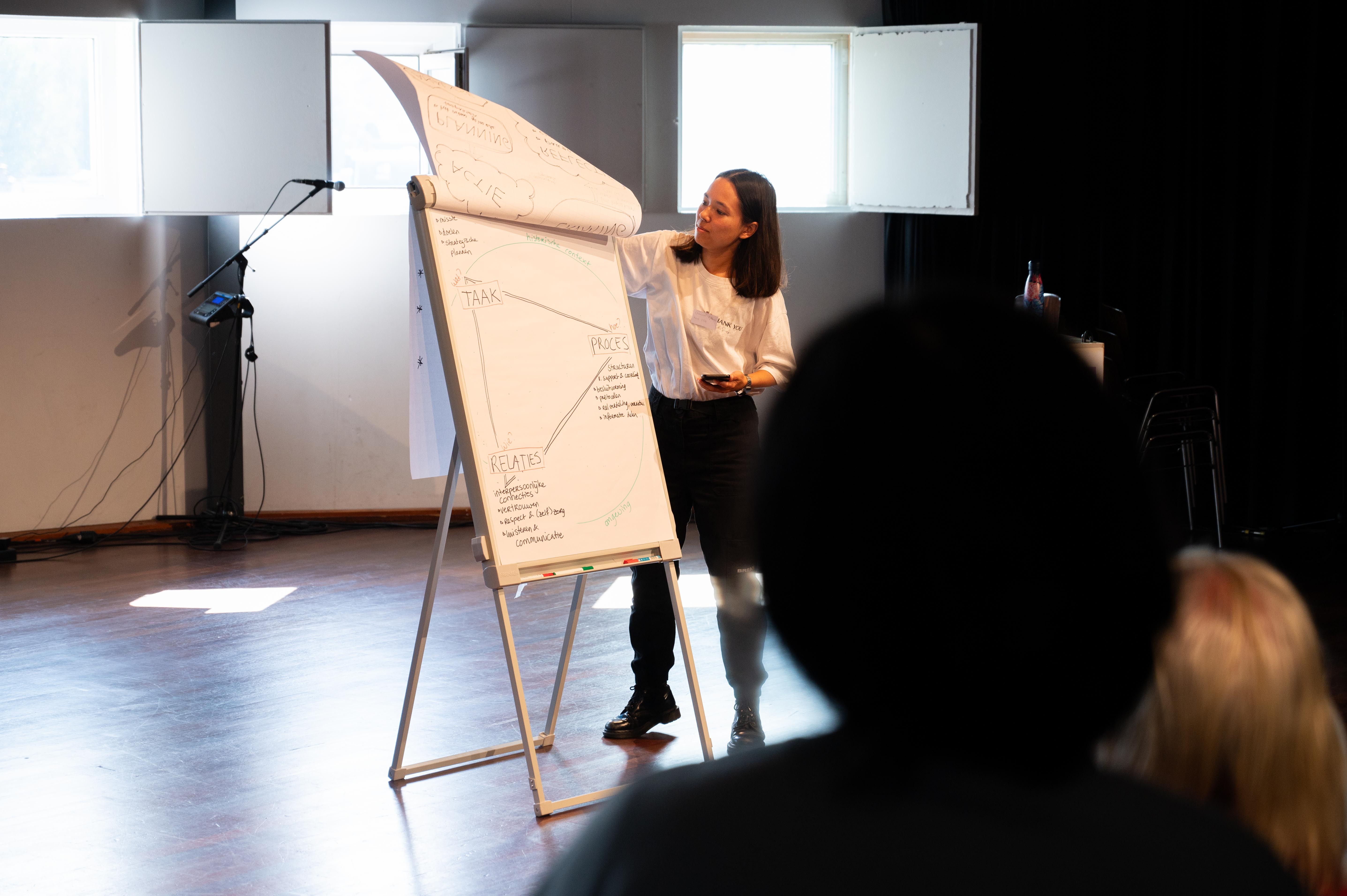 |
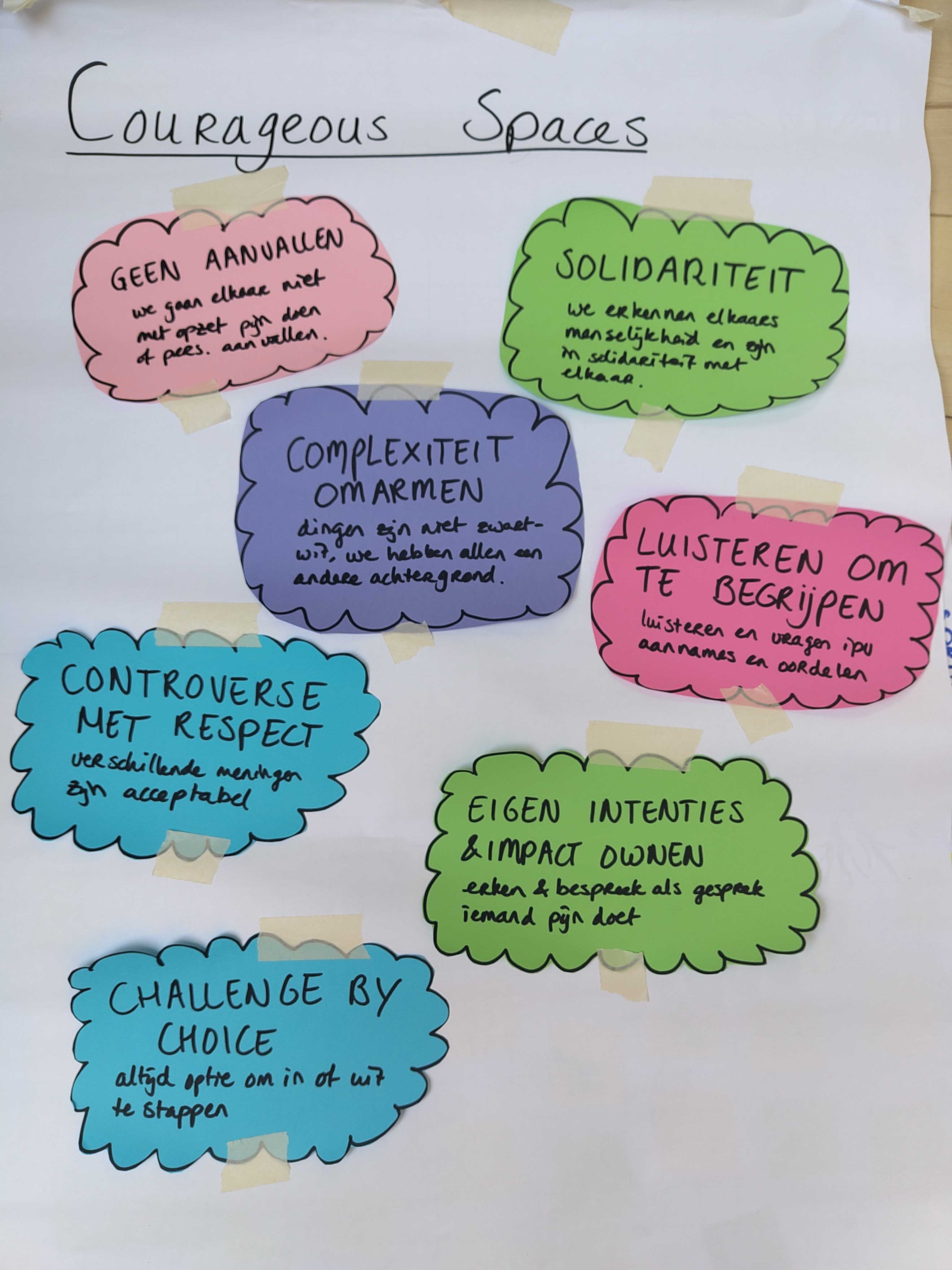 | What kind of training was it?The training was incredibly well put together. Ulex has around ten years of experience with this work, during which they’ve continuously integrated new insights and learned from participants—and you can really feel that. And it wasn’t just what they offered, but also how they offered it that was deeply inspiring to me. We were served delicious meals, supported each other and our shared responsibilities through an affinity group system, and learned not just with our minds, but also with our bodies, creativity, and through one another’s experiences. The entire training was screen-free and, whenever possible, held outdoors. We were also encouraged to use our phones as little as possible. This allowed us to fully focus on our learning process, on each other, and on the beautiful environment we were in. The training roughly consisted of two parts: the first focused on you as an individual, while the second delved more into how our environment, our (relative) privilege, and the systems we live within shape us—and how we can engage with all of that more intentionally. Not knowing the full program in advance actually helped me approach the exercises openly and authentically. It also gave the trainers the flexibility to adapt or expand certain parts as needed.
|
What methods were used?The training was very diverse in its approach and especially valuable to me because it encouraged many different ways of learning. We did solo reflections, paired exercises, discussions with our affinity group, and full-group check-ins. We learned while standing, sitting, lying down, stretching—always with awareness of our bodies and our boundaries. We took personal notes, co-created flipcharts, participated in guided meditations, asked for help, questioned our assumptions, wandered through the hilly landscape, and made time for care tasks like cleaning, showering, and taking siestas. We learned through clear models—and also learned that all models are wrong, but some are useful. We learned from the plants and insects in the garden, through playing a game, and in silence. In short, we practiced regenerative activism right then and there—in community, and rooted in a commitment to radical care. It’s not only what we do that matters (even though our internalized capitalism tells us otherwise), but also how we do it, and with whom.
| How will you put into practice what you have learned from the training?An entire day was dedicated to exploring how we could bring what we had learned and experienced back into our lives at home—both personally and within the groups and communities we’re part of. What intentions do you want to carry with you? What obstacles might you face? How could you overcome them? Which concepts or models would you like to share with your fellow activists, or at work? And what first steps can you take in the next ten days? Since coming back, I’ve already had three opportunities to pass on what I learned in the form of trainings—from a full day with my NGO colleagues to a 90-minute session at an action camp. I keep in touch with a few of the Ulex participants; we have occasional calls just to catch up, reflect, and ask each other for advice. I visit some of them from time to time, too. Since the training, I’ve been reading more about radical community care and self-care, and how regenerative and joyful activism isn’t just necessary—it’s also strategic if we want our movements to grow. Some books that have been especially meaningful to me are The Entangled Activist, Sister Outsider, and Let This Radicalize You. I also recommend the small but powerful book Hope in the Dark. I wholeheartedly recommend Ulex’s Regenerative Activism training. Of course, the journey is ongoing, and of course there are ups and downs—but this training gave me a solid foundation to return to and grow from. And for such an important topic, I truly wish that for everyone.
|
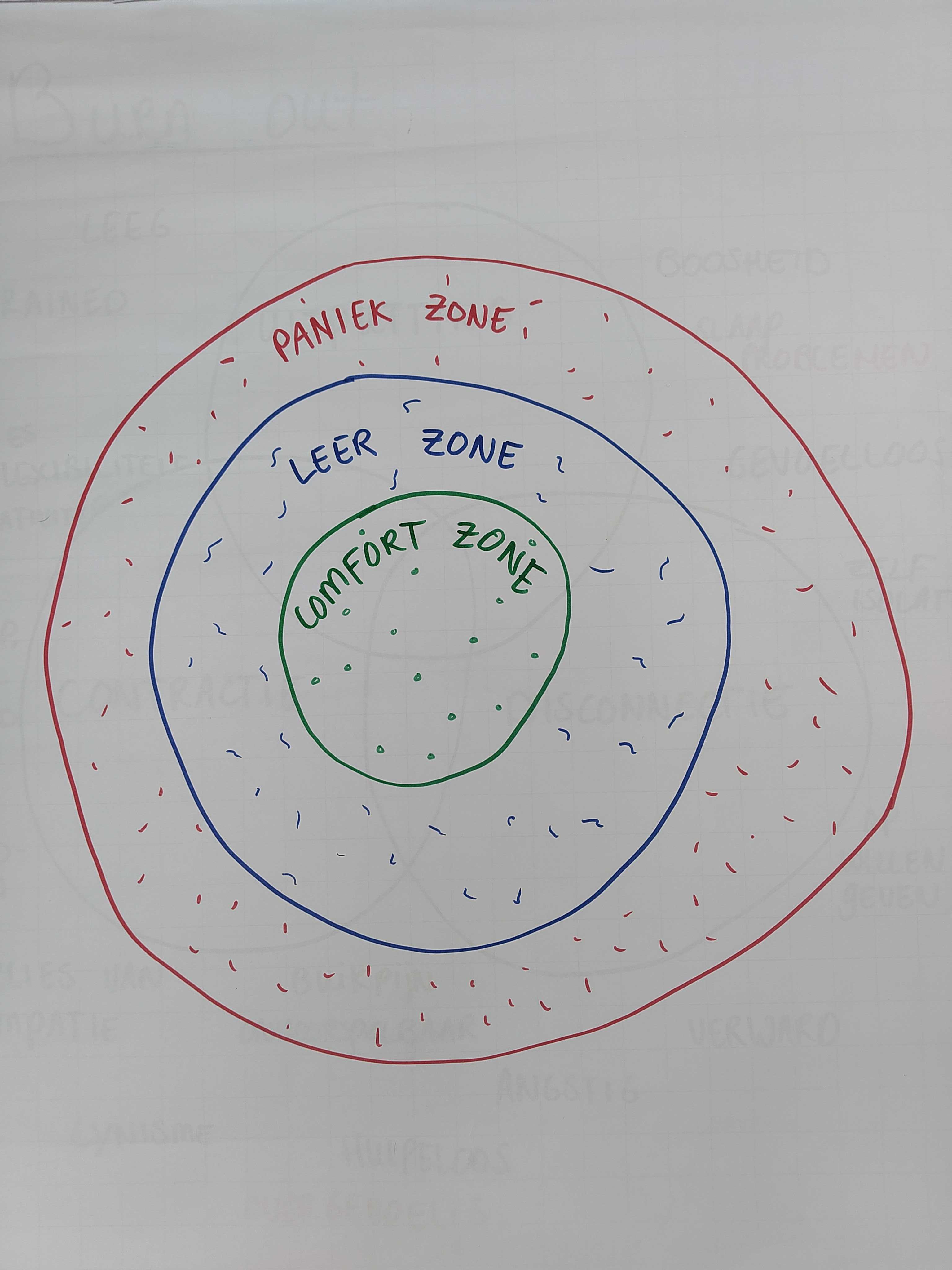 | 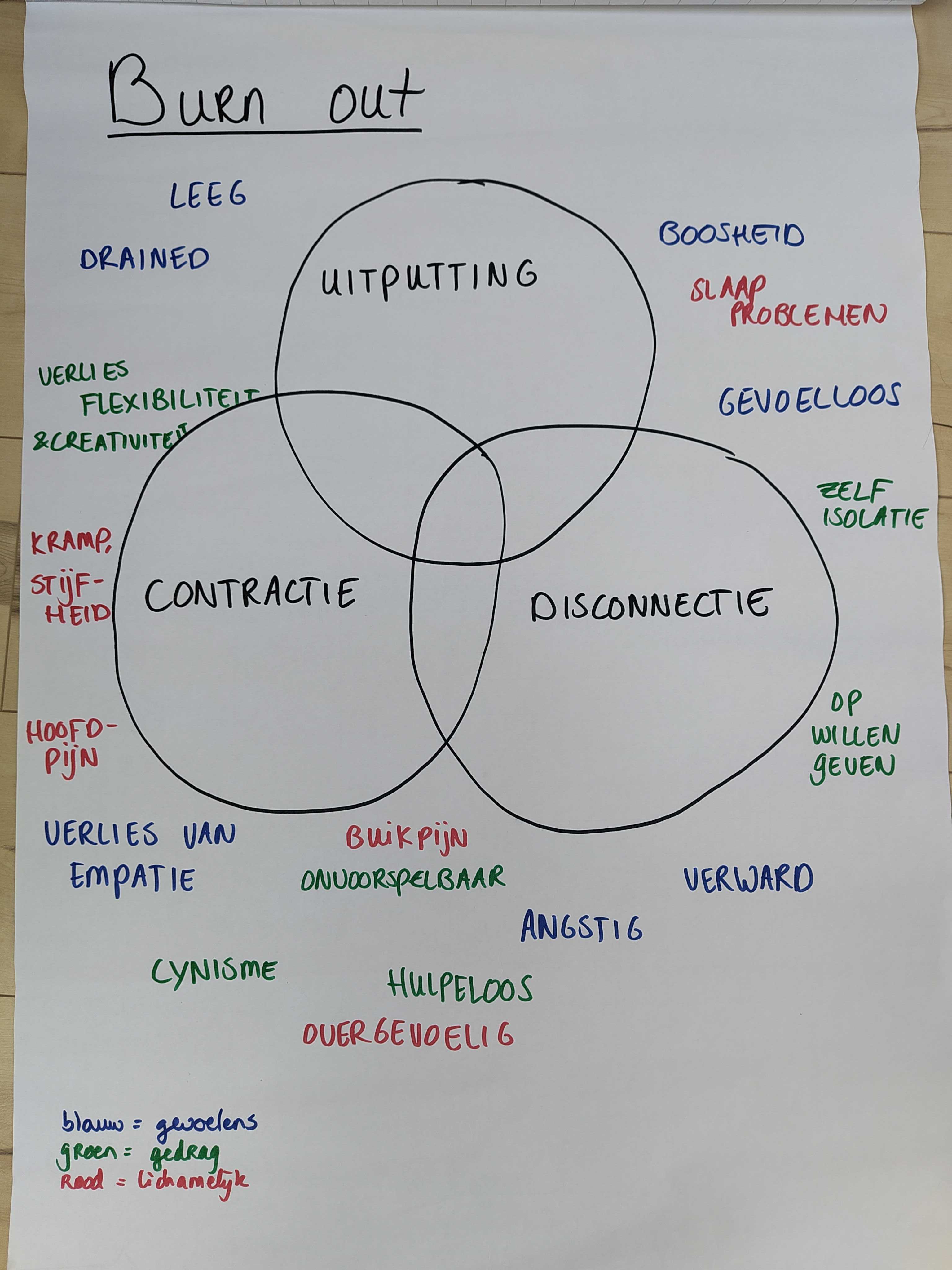 |
Ulex is a training organization that facilitates high-quality, multi-day trainings for social movements across Europe. This training was fully funded by a grant from ErasmusPlus. | 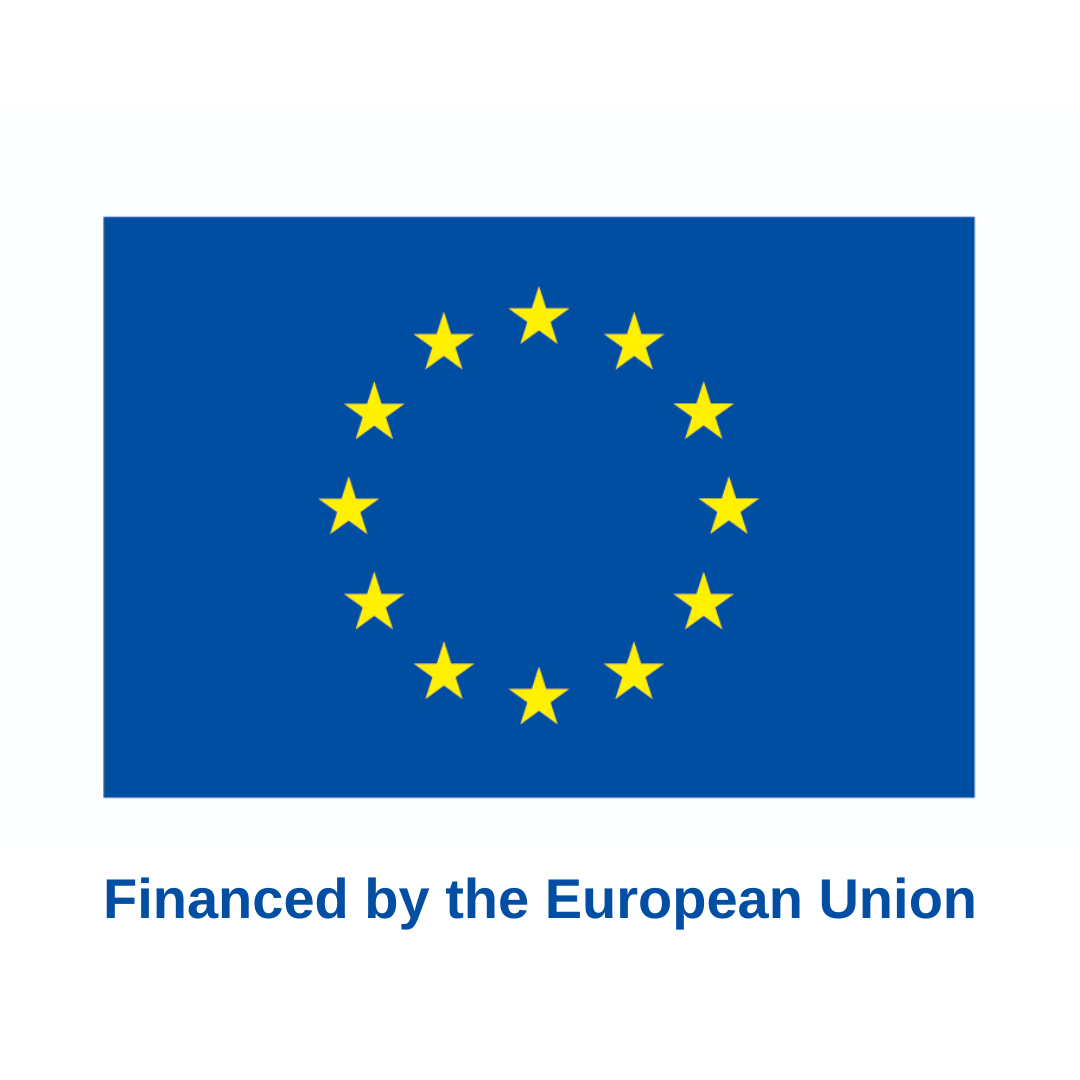 |
Back to overview





